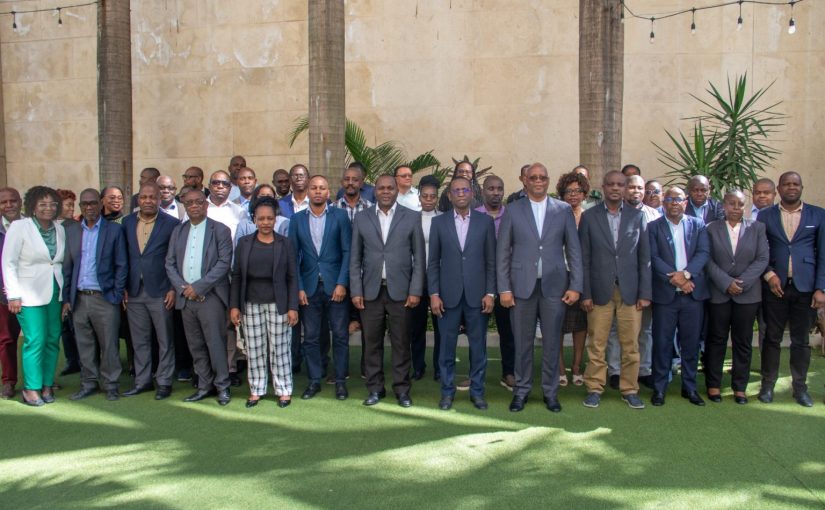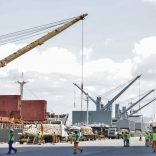FAO warns of unequal access to farm funding for women and youth in Mozambique
Mozambique: Forestry operators call on government to set reference prices

Photo: AIM
Timber sector operators in Mozambique yesterday asked the government to set reference prices for forestry products and reduce roadside checkpoints.
“Tobacco and chestnuts have reference prices. The forestry sector is demanding a reference price, because we have production costs that cannot be lower than the purchase price. In the timber business, the buyer sets the price. It’s not sustainable,” said António Silva, vice-president of the Mozambican Federation of Timber Operators (Fedemoma).
Speaking on the sidelines of a seminar in Maputo to announce the results of the assessment of timber operators and forest governance, Silva proposed that prices be set based on the average geographic and operational differences each operator faces in the field.
“We would have to calculate the function, the price, or the production costs for each province. […] Let’s look for an average, as long as there’s interest from those who have the right to set that price,” Silva suggested.
Fedemoma, which has about 400 members nationwide, also regrets not receiving orders from the government, which it says prefers to buy furniture abroad, to the detriment of domestic suppliers, causing some operators to abandon the business, he said.
“We haven’t been considered for government projects, for example,” he complained.
At the same meeting, Xavier Quive, a timber harvester in the central provinces of Manica and Zambézia, complained to the National Director of Forests and Wildlife about the excessive number of checkpoints along national roads.
“The law says that AQUA [National Agency for Environmental Quality Control] is responsible for inspecting timber, but that’s not what happens. There’s the police, the fire department, the National Criminal Investigation Service (SERNIC), and the State Security and Information Service (SISE). We don’t know exactly,” Quive said.
“Because, if you’re also operating in Zambézia and you travel to Maputo, there must be at least 30 or so inspection posts,” he lamented.
The Mozambican forestry sector currently contributes less than 4% of gross domestic product (GDP), generating around 22,000 jobs, according to official data.
Fedemoma believes that the recent revision of the forestry law will allow for the valuing of non-timber forestry products, the incorporation of climate change into forestry policy, and the goal of increasing the forestry sector’s contribution to GDP.












Leave a Reply
Be the First to Comment!
You must be logged in to post a comment.
You must be logged in to post a comment.